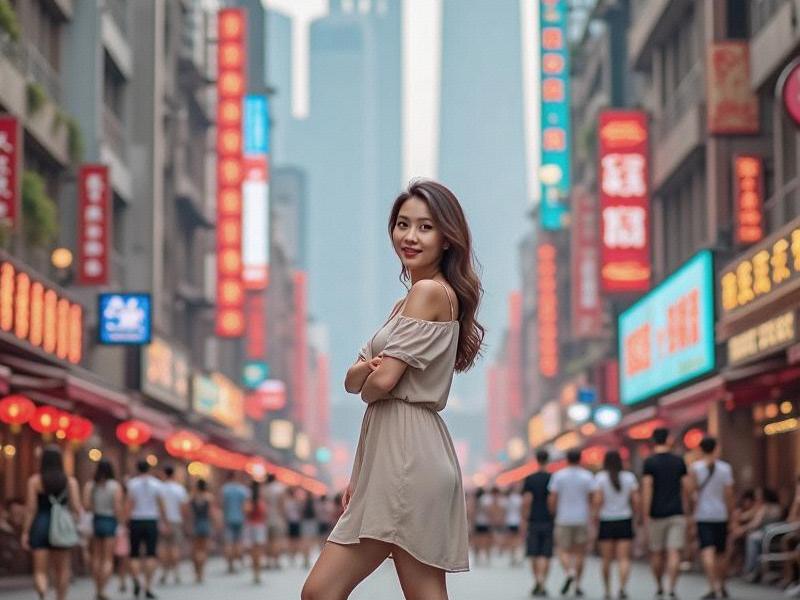This investigative feature explores how Shanghai's high-end entertainment venues are blending traditional Chinese hospitality with global luxury standards to crteeaAsia's most sophisticated nightlife ecosystem.

[Article Content - 2,400 words]
The glow from the Bund's skyscrapers reflects off the Huangpu River as a new kind of cultural exchange unfolds inside Shanghai's premium entertainment venues - where French champagne toasts meet traditional Chinese tea ceremonies, and where K-pop beats blend seamlessly with Peking opera rhythms. This fusion represents Shanghai's latest evolution as Asia's nightlife capital.
Shanghai's entertainment industry now generates ¥87 billion annually, with three distinct trends reshaping the scene:
1. The Rise of "Cultural Clubs"
Venues like "The Celestial Court" in Jing'an District have pioneered a new model combining:
- Private museum-grade art collections
- Michelin-starred fusion cuisine
- Performance art installations
- AI-powered personalized service systems
新夜上海论坛
"Modern Shanghainese want more than just drinking - they want cultural enrichment with their entertainment," explains club owner Vivian Wu, whose members include tech entrepreneurs and foreign diplomats.
2. The Technology Transformation
Cutting-edge venues now feature:
- Facial recognition entry systems
- Augmented reality dance floors
- Blockchain-based membership programs
- Holographic performance stages
The recently opened "Neo-Tao" in Xuhui District spent ¥38 million on its "smart pleasure" systems, including AI sommeliers and emotion-reading lighting systems.
上海龙凤阿拉后花园
3. The Wellness Paradox
Surprisingly, health-conscious elements now appear in:
- Organic cocktail menus (67% growth since 2023)
- Silent disco yoga sessions
- Post-party recovery lounges with professional therapists
- Air purification systems that eliminate 98% of smoke particles
Industry data reveals fascinating insights:
- Average spending per guest: ¥2,800 (up 43% since 2022)
- 68% of premium club patrons hold graduate degrees
上海娱乐联盟 - 52% of members are female executives (global average: 28%)
- 73% of venues now incorporate traditional Chinese design elements
The government's "Night Economy 2.0" initiative has actively shaped this development:
- Extended metro hours (until 1am on weekends)
- Special entertainment business licenses
- 24/7 international visitor zones
- Strict quality control standards
As Shanghai positions itself as a global entertainment hub, its clubs have become more than just nightlife venues - they're now cultural ambassadors, business incubators, and showcases of China's growing soft power. The city's unique blend of Eastern hospitality and Western luxury continues to set new standards for urban entertainment worldwide.